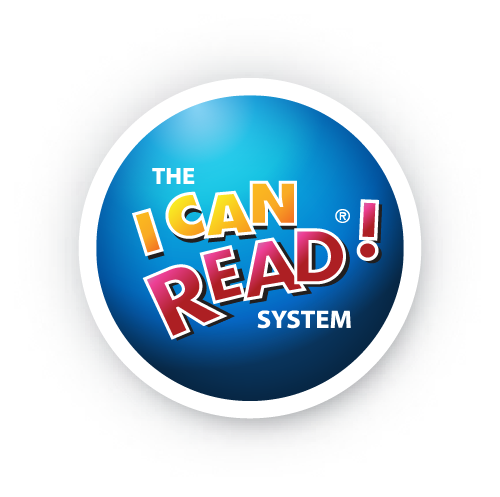During these difficult covid times, education remains of paramount importance and includes the vital component of homework. We know this can be a challenge – especially if students are already completing their daily schoolwork at home, as well as their I Can Read lessons. It’s tempting to overlook homework, but homework involves essential activities which support and reinforce your child’s classroom and online learning. It is important that students know how to tackle homework, in order to reinforce what they learn from their lessons.
We’ve pulled together some useful tips on how you can best support your child to complete their homework during lockdown.
First, your child needs to know and understand the task required. Take a few minutes to sit with them to make sure that he or she fully appreciates exactly what is required to complete the set homework.
WRITING HOMEWORK
First, make sure your child has everything they need to complete the task without having to break their concentration to look for whatever item is missing.
If the task requires handwriting, does your child have clean paper and a good pen or pencil before they start?
If they can complete the homework on a computer, does he or she have access to the device for the duration of the task in order to complete their homework uninterrupted?
It’s a good idea to break the task up into a few sections defined by time. For example, divide the homework into a beginning section, a middle section and a final section. By allocating a set time for each section – say 30 minutes, your child won’t find the task overwhelming and feel discouraged by an hour and a half of continuous homework.
This technique gives them a sense of progress and achievement as they go and makes the work feel much more manageable.
Sections of writing tasks
- Most writing tasks involve an introduction, a middle section (body), and a conclusion. An easy way to organise the task is to commence with a plan.
Ask your child to plan his or her work by making brief notes outlining the introduction, then jotting down points to expand on in the body of the piece, then finally, a couple of points for the conclusion to summarise what has been said.
- Have your child take a break after the plan is completed. Then use another session to write the introduction, using the notes from the plan. The introduction may be only a paragraph if necessary, but should set the scene for the text.
- Give them another a break (unless they are keen to carry on) before commencing the main body of the writing. This is the longest part and several paragraphs may be needed to develop the story, or to list details of a report to support the introduction. The middle section may be done over two sessions if necessary.
- Finally, they can write the conclusion by summarising the points made and the premise of the writing.
The length of the piece of writing will determine how many breaks you would like to use to make the task accessible for your child.
READING AND SPELLING HOMEWORK
If the homework consists of reading a story and learning some spelling words from the story, divide the homework into sections. For example, if your child has a week to complete the homework before their next lesson, read the story over two or three sessions, ask the comprehension questions and learn the spelling. Separate these tasks so that the homework is completed over several days, rather than all at once.
Ten minutes reading every day (if your child is learning to read) is preferable to one long session of reading in which the child may be decoding new and unfamiliar words.
Children can tire easily with long tasks, which may affect their enjoyment of reading in the long term. Keeping sessions short makes tasks less arduous, and provides something to look forward to during the break.
SUMMARY
Tackling homework demands comes down to using time well. Only work as long as your child is able to before taking a break. If your child works on a task for 30 minutes, perhaps a ten minute break will be in order. Reward positive and cooperative behaviour with small rewards that you know will be effective with your child (though be sure to avoid sugary treats that will affect their ability to concentrate). Allow your child to take breaks but always set a restart time. Say, “We’ll have a short break but you will resume the task in 10 minutes, okay?”
Perhaps agree on an activity they look forward to once they finish their homework, such as playing a favourite game, going for a walk, watching a favourite TV show.
Breaking up tasks into smaller manageable units makes the job seem less onerous and this principle can be applied to most homework challenges.
For younger children, please also remember to check out our series of fun and educational Literacy Guides, which will help you to keep the literacy momentum going between pre-reading and reading lessons. https://icanreadsystem.com/resources/
If you’ve found this article helpful, please let us know and we will write some more along these lines. If there are any particular topics you would like us to address, again, please share your ideas with us and we’ll be happy to include our advice in future articles.
Contact us via email on headoffice@icanreadystem.com.au or call us on 02 9972 1419.
